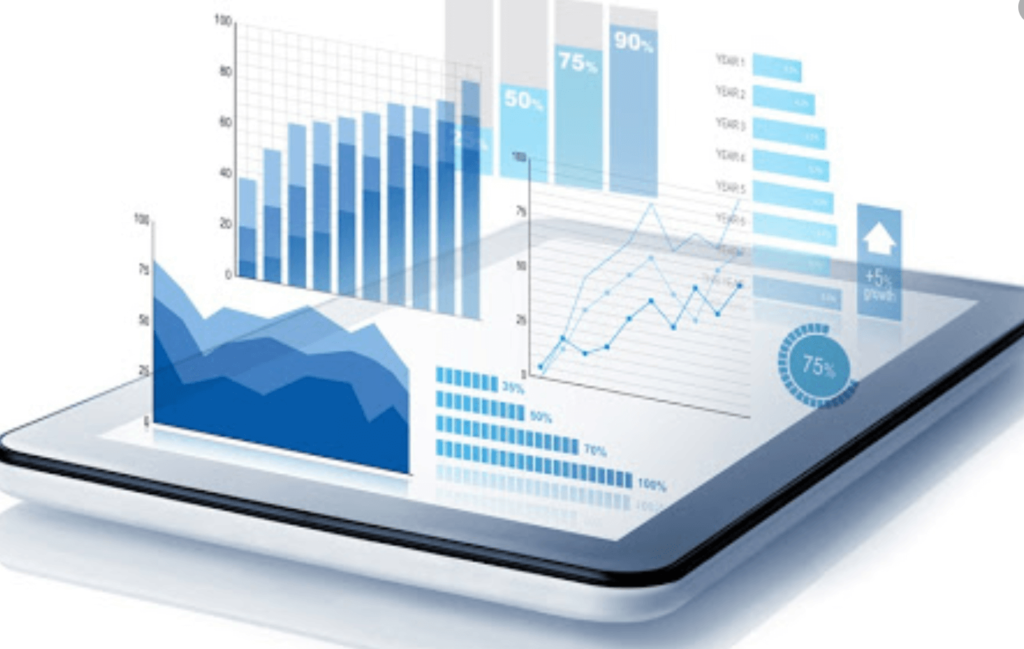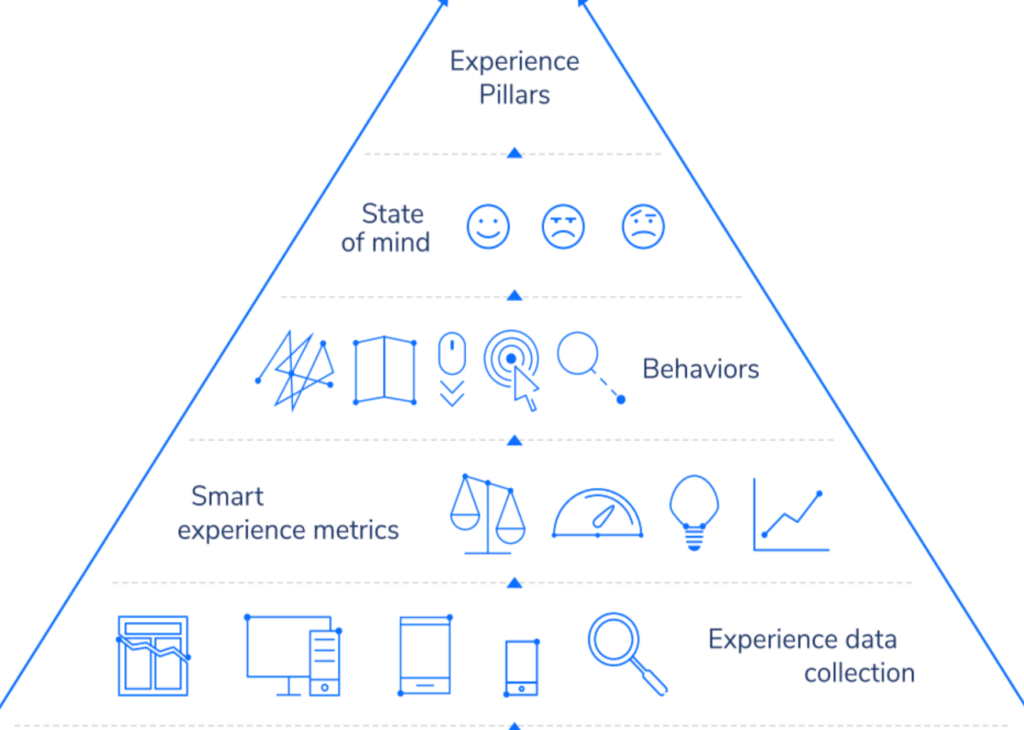What Is Meant By “Marketing Intelligence”
With the increasing influence of technology on our society and the advances in artificial intelligence, companies eager to thrive in this digital landscape need to integrate data intelligence into their marketing strategies.
As life sciences are constantly evolving, increasing regulatory scrutiny and changing market demands have created the need to adopt new marketing methods and digital resources — sooner rather than later.
Digital marketing intelligence uses relevant data to help organizations understand their strengths and weaknesses, discover insights about consumers, and generate prospective sales. Using competitive intelligence for targeted and profitable market strategies becomes vital when entering a specific market, launching a new product, or adopting a new business direction.
The key to the future of any business relies on how marketing intelligence can be used to uncover new opportunities and insights, guiding the organization’s future decisions with accurate data.
With this in mind, in today’s blog we will focus on how marketing intelligence can be used to transform the digital landscape of life sciences and biotech brands.
Why Is Business Intelligence Important For Life Sciences
Data literacy has several components. All these together add up to an organization’s ability to research, read, work, analyze, and argue with data.
By easing marketers’ understanding of consumer interactions with the company through analytical data points, digital marketing intelligence gives brands the chance to generate leads by learning more about their consumers and market share. Data literacy reduces investment risk, helps companies stay ahead of competitors, maintain brand identity, and leads to strategic marketing decisions.
But data literacy is not just about collecting data. It is also about handling and determining what to do with all the information. According to MIT Sloan School, marketers need to know how to:
- Understand data is and its characteristics, including sources, types, formats, and data features.
- Work with data, which means everything that involves creating, acquiring, cleaning, and managing it.
- Analyze data, involving filtering, sorting, aggregating, comparing, and performing other analytic operations on it.
- Argue with data, or use it to support a comprehensive narrative intended to communicate some message or story to a particular audience.
- Apply data for analysis, business intelligence, data science, decision support, artificial intelligence, automation, and analytics.
- Use data techniques, such as pattern discovery, surveys, pattern recognition, and prediction.
- Communicate data, for instance, storytelling, evidence-based reasoning, decision support, and visualization.
- Create a data-first culture
When it comes to life sciences and biotech fields, data literacy helps marketers eliminate some human-based errors that can sometimes lead to unwanted outcomes. But beyond this, data literacy and artificial intelligence have become digital marketing game-changers. Now you can analyze information, generate advanced reports, and optimize digital marketing campaigns with precise insights.

How To Analyze & Utilize Complex Data
There are not too many industries as complex as the healthcare ecosystem. This is why big data analysis can be extremely useful for evidence-based medicine, research and development, and public health.
To push progress further, it’s important to complement the efforts of healthcare workers with the use of digital methods. Our human capacity is limited to individual perception, experience, and knowledge. So it’s unreasonable to expect people to collect, process, and decipher every piece of knowledge.
Marketing intelligence offers the most potential for improvement in the life sciences industries by far, offering access to huge data sets that can be dissected to reveal useful patterns of human behavior. It also involves the extraction of information, analysis, and making decisions using complex data that couldn’t be dealt with using solely human force and traditional methods. Once the data points are collected, recommended actions should be taken based on that.
Examples Of Applying Marketing Intelligence
- Is your website’s bounce rate high? Look at above-the-fold elements, page loading speed, or the page title, and check whether they are captivating enough.
- Is the average time consumers spend on your page low? Analyze the content and the word count. Determine whether the information you offer on your website or blog is valuable enough to the user.
- Does it appear that your customers are disengaged with your brand? With most visitors or customers expecting to access your information or get assistance 24/7, why not use chatbot apps to address round-the-clock demand. This, in return, can help you acquire even more data regarding what customers expect or need from your brand.
- Need in-depth insights regarding existing and potential buyers? Data literacy is capable of analyzing historical facts and predicting future user behavior so that you can estimate who the real buyers are. It can also help you discern whether your investments are working or if the company is just wasting time and money.
Have some future goals in mind and not sure how to reach them? Marketing intelligence can help you set clear goals beforehand and boost the efficiency and scope of your marketing efforts.

Using a Marketing Intelligence Software To Understand Your Customers
When looking to implement digital marketing intelligence in their strategies, marketers can also use different platforms such as Decibel, Quantum Metric, Clever Tap, or Content Square.
Among these, we like Decibel the most for identifying user challenges.
Decibel’s digital experience platform is built specifically to identify these poor interactions users deal with and provide enterprise businesses with the insights needed to optimize them.
In short, what Decibel does is score every online experience to expose what’s really happening on your website. Plus, it provides the most advanced tools available to understand why.
By using segments, Decibel helps identify and qualify pain points across the user’s journey, giving you a good idea of the scale of the problem. It also offers journey and page discovery tools, and heatmaps which are ideal for visualizing user behavior.
Final Thoughts
For life sciences and biotech brands, reaching competitive advantage, product intelligence, as well as marketing and consumer understanding, should be as important as achieving new sales or attracting more business.
All of the above, and more, can be obtained as soon as marketers learn the ins and outs of using big data, and understand the importance of implementing digital intelligence in their marketing strategies.
If you need our help, or advice regarding digital marketing for life sciences, biotech branding, or content marketing, don’t hesitate to get in touch.
And for more related articles check out our blog, as well as:








